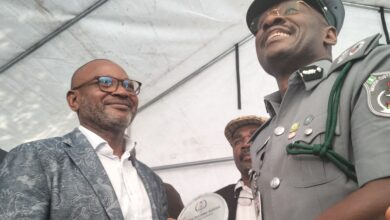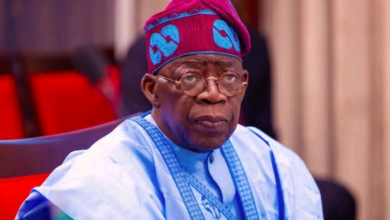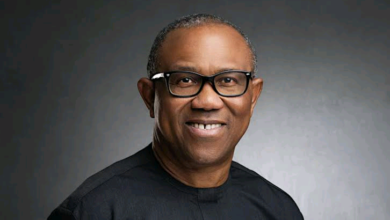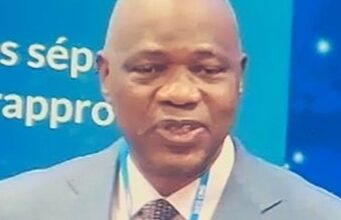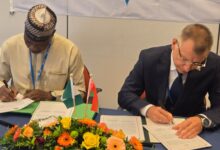World Health Day: Healthcare Increasingly Becoming Out of Reach of Most Nigerians, Says Peter Obi
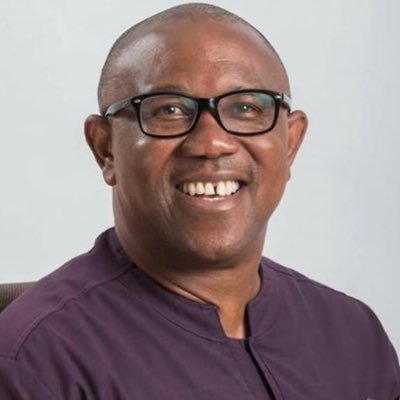
The Presidential candidate of Labour Party (LP) in the 2023 election, Mr. Peter Obi has disclosed that the healthcare system in Nigeria is increasingly becoming unaffordable for the citizens.
Mr. Obi said that Nigeria’s ₦1.3 trillion budget for the health sector is not at par with the population of the country, stressing that it is lesser than the 15 percent commitment specified in the 2001 Abuja Declaration.
He made this known in a statement on X, formerly Twitter on Sunday in celebration of 2024 World Health Day.
According to the World Health Organization (WHO), the theme for World Health Day 2024 is ‘My health, my right’.
WHO said that this year’s theme was chosen to champion the right of everyone, everywhere to have access to quality health services, education, and information, as well as safe drinking water, clean air, good nutrition, quality housing, decent working and environmental conditions, and freedom from discrimination.
Meanwhile, Obi said that Nigeria’s negligence of health services, particularly the primary health sector has yielded unpalatable results.
“I join the global community in commemorating World Health Day today. Health remains critical to human development. As one of the critical measures of the human development index, health contributes immeasurably to the development of the human person and the progress of the nation.
“Our obvious neglect of our health sector, especially the primary health sector has continued to result in so many unpleasant outcomes for the nation. With Nigeria ranking 14th out of the 18 African countries with poor health systems and also ranking 157th out of the 167 countries measured on health systems, we need to invest more aggressively in the health sector. Nigeria’s poor investment in the health sector has continued to manifest in many ways,” he stated.
Obi noted that Nigeria is among the countries with the highest infant mortality rates.
He also disclosed that the current life expectancy in Nigeria is 56 years – one of the lowest in the world.
“Healthcare in Nigeria is increasingly becoming out of the reach of most Nigerians due to its high cost. Our budget of N1.3 trillion for the health sector, in a country of about 218 million people, is still not enough to make a serious impact in the sector and still falls below the 15 percent commitment specified in the 2001 Abuja Declaration.
“With the continual decline in our health sector, we need to make more aggressive investments that will improve the lives of the people. Aside the negative impacts on the citizens of our lack of investment in the health sector, the attendant capital flight arising from health tourism remains worrisome.
“It is reported that Nigerians spend over $1.5bn on Medical Tourism Annually. Such a volume of funds, if retained in our economy would have impacted positively on the nation and helped us to save the much-needed foreign exchange,” the politician added.
The former Anambra State Governor also mentioned that Nigeria current situation presents the leaders with the opportunity to reflect on the ‘country’s vision’ – and prioritise investment in the very critical areas of human development for the ultimate good and development of the nation.
He urged the government to invest the resources wasted on frivolities and unnecessary expenditure on health, education and pulling people out of poverty.


